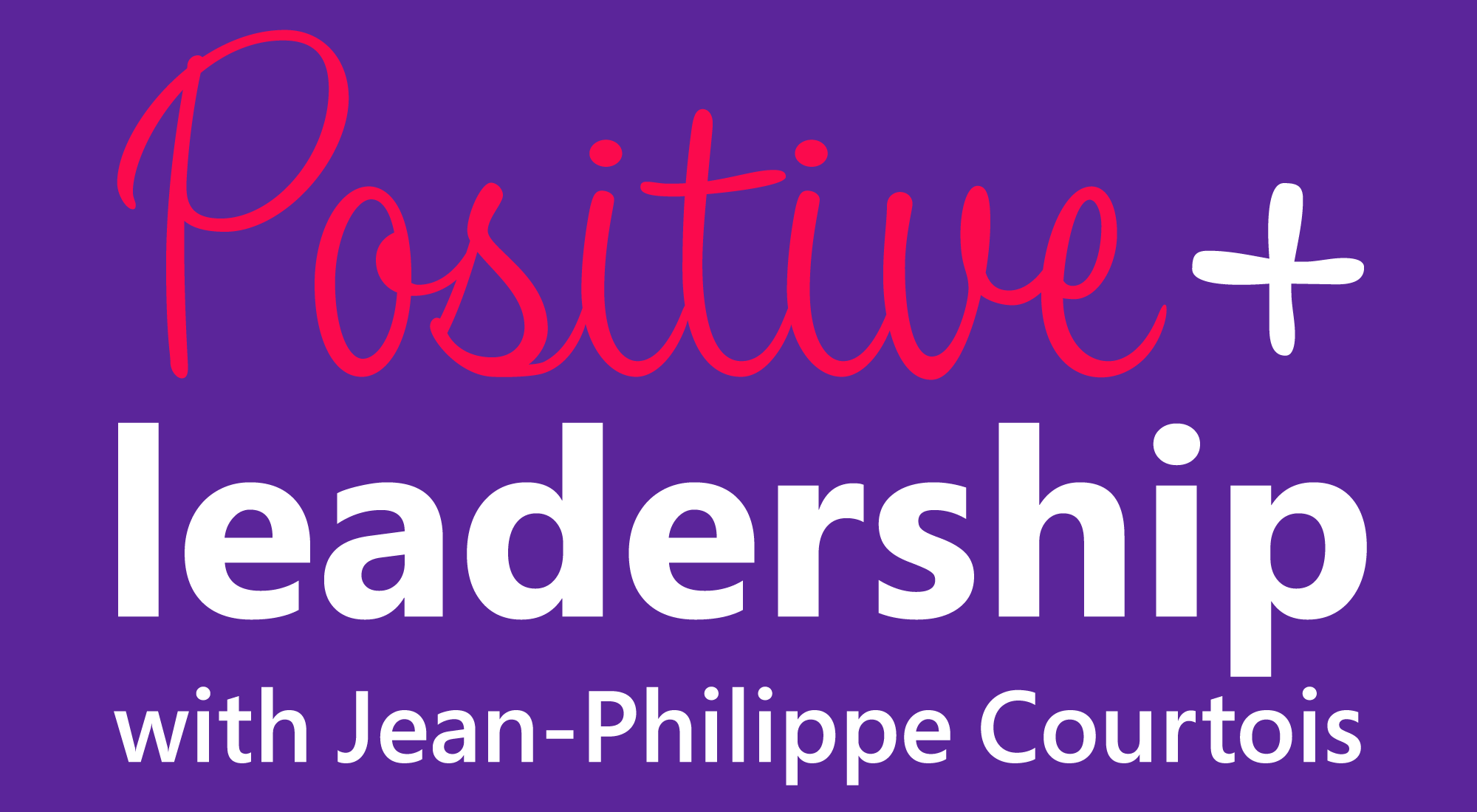27 May 25
Ethical Leadership in Business: What It Means and Why It Drives Sustainable Transformation

Ethical leadership is rapidly redefining what success looks like in modern organizations. In today's environment, those who lead with integrity, champion core values, and balance financial results with social responsibility are creating business transformation with meaningful social impact. This article explores what defines ethical leadership in business, the essential principles behind it, the challenges and rewards, and actionable ways companies can build a sustainable business culture—especially in markets shaped by rapid change, market forces, and evolving consumer demand.
What defines ethical leadership in a business context?
At its core, ethical leadership is about consistently doing the right thing—even under pressure. True ethical leaders set high standards for themselves and their organizations, guided by unwavering integrity and a commitment to transparency. These leaders make decisions that prioritize both business success and broader social responsibility, refusing to compromise on fundamental core values.
For a business, this means refusing to cut corners for short-term gain, for example by not financing illegal activities or environmentally damaging projects. Ethical leadership also requires building an environment where employees are encouraged to speak up and embrace their values, not hide them.
How does integrity shape corporate culture?
Integrity is the backbone of a strong corporate culture. When leaders consistently model transparent and honest behavior—down to the smallest financial transactions—they set expectations for everyone. Employees become more engaged, trust grows, and the entire organization becomes more resilient in facing tough decisions.
Paying back what is not yours, accounting carefully, and being clear about what belongs to whom are small but powerful daily practices. These habits, when modeled by leaders, ripple outward, creating a work environment where long-term value outranks quick wins or risky shortcuts.
What are the benefits of ethical business practices?
Embracing ethical business practices consistently produces measurable benefit:
- Attracts and retains purpose-driven groups and employees energized by shared values and mission.
- Strengthens trust with customers, increasingly mindful of how companies address social issues and environmental impact.
- Reduces risks of costly scandals or regulatory penalties by proactively prioritizing compliance and transparency.
- Enhances brand reputation, making it easier to attract partners and investors focused on sustainability.
Above all, companies with an ethical core are better positioned for the future—able to adapt, retain talent, and achieve sustainable financial results.
Can profit and social responsibility coexist?
The supposed divide between profitability and social responsibility is a false dilemma. In reality, businesses can—and must—excel at both. Ethical leadership reframes "doing the right thing" as a tangible business advantage: reducing waste, supporting fair resource use, and engaging in responsible lending, for example, directly support long-term growth, reputation, and access to new markets.
Companies that integrate sustainability and social impact into their business models often attract younger consumers and talent, fueling innovation and growth. Such organizations prove daily that commercial success does not require sacrificing ethics or social progress.
How can companies balance financial goals with social impact?
Successful organizations define clear principles for evaluating both financial incentives and social outcomes. Sustainable transformation happens when leaders ask:
Am I building a business that will last, or just maximizing this quarter's result?
Strategies that ensure this balance include:
- Building a regenerative business model that benefits both people and the environment.
- Using tools like the human development index to measure employee and community well-being.
- Participating in the carbon credit market, linking environmental outcomes to business performance.
- Committing to transparent, forward-looking business decisions that anticipate changes in market forces and regulations.
What role does diversity play in ethical decision-making?
Embracing diversity of points of view is essential for robust ethical decisions. Diversity is not about checking boxes for compliance; it’s about gathering different life experiences, backgrounds, and perspectives so that all sides of a challenge are visible. When companies ensure their teams reflect multiple viewpoints, they make better choices and avoid blind spots.
Encouraging healthy debate and questioning assumptions leads to stronger strategies—and a culture where everyone feels valued and responsible for sustained success.
How do financial institutions integrate sustainability?
Financial institutions play a crucial role in accelerating sustainability. Leading banks now:
- Set concrete net-zero goals both in internal operations and financing portfolios.
- Prioritize investments in companies meeting environmental standards or creating positive social impact.
- Support sectors and businesses that are transforming—such as renewable energy and sustainable agriculture—while limiting exposure to polluting industries.
Market demand, regulation, and rising consumer demand are key forces, but genuine commitment is essential for lasting change.
What are the challenges of leading transformational change?
Transforming a business model or corporate culture is never easy—especially when legacy success and comfort slow the willingness to adapt. Change often requires making tough decisions, such as selling assets or restructuring teams, while upholding respect, dignity, and fairness for all involved. Resistance is strongest during stable times, but ongoing dialogue, clear vision, and shared purpose can mobilize even the most reluctant teams.
Why is genuine social impact crucial for businesses?
Authentic social impact strengthens a company's license to operate, builds community trust, and fosters employee pride and loyalty. Whether it's supporting local development, protecting biodiversity, or innovating for clean energy, these efforts generate real-world benefits and reinforce an organization's purpose.
"If everyone cleans their own backyard, the world will be clean." Lasting social impact starts at home, through consistent, values-driven action—from leadership to frontline teams.
What are key principles for aspiring ethical entrepreneurs?
Ethical entrepreneurs committed to building a sustainable business and positive business transformation should keep these principles in mind:
- Lead with integrity and never compromise on your core values.
- Ensure your products or services add clear value to society—addressing social issues and supporting the common good.
- Build teams that share your purpose, but bring diverse skills and perspectives for better decision-making.
- Institutionalize controls and transparency at every stage to avoid costly setbacks and maintain trust.
- Accept that growth comes with hard choices, and always treat people with respect—especially in times of transition.
Conclusion: The Path Forward for Ethical Leadership
Ethical leadership is not just the right thing to do—it is the foundation of lasting business transformation, employee engagement, and meaningful social responsibility. Organizations that prioritize integrity, transparent decision-making, and long-term value prove that profitability and positive impact are not mutually exclusive. As market forces and expectations shift, those who stay committed to ethical principles will not only succeed—they’ll lead the way in building a more just, sustainable, and purpose-driven economy.




.png)

.png)
